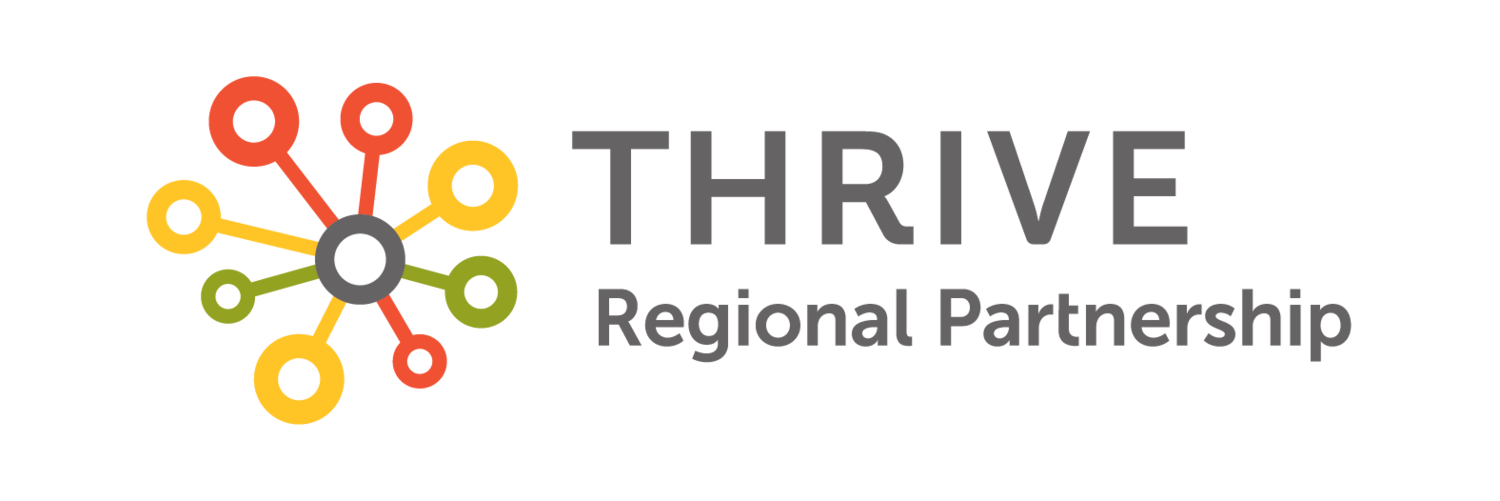Sewanee DataLab students partner with Thrive to further broadband awareness and access in the tri-state region
This summer, three students from Sewanee, the University of the South, are working with Thrive Regional Partnership on an opportunity and gap analysis of broadband assets that could help close the digital divide in the tri-state region.
The Benton Institute describes broadband as a “short-hand for an ‘always-on,’ high-speed internet connection provided by a company or other entity known as an ‘internet service provider.’” Most broadband access is available in cities which generally have a higher concentration of technology than rural areas. This gap creates a large disparity in people’s ability to connect and communicate.
ZACH SHUNNARAH
Hometown: Birmingham
Year: Junior
Major: Math
Minor: Politics
Zach believes it is vital that rural areas have broadband access because, in the 21st century, especially with COVID-19 and Zoom, internet access is essential not only for communication, but also for other uses like healthcare and employment. The thing that has caught Zach by surprise the most, is the magnitude of people that do not have access to broadband assets, and the alarming local research surrounding this issue. The biggest obstacle he sees in the tri-state area to broadening internet access is the lack of resources and awareness that people have to the issue of internet access itself. As Zach’s major is math, he has spent most of his time on this project working with the data and analyzing numbers. He has also found that his certification in Civic and Global leadership has allowed him to view this project as a starting point that other people can build on.
Faza Anaise Umetoni
Hometown: Kigali, Rwanda
Year: Senior
Major: Double Major in Neuroscience and French
Faza Anaise believes that broadband access is essential because of its effect on healthcare, especially during the global pandemic, and its direct correlation with diversity. She explains how studies show that regions with greater broadband access also have greater diversity, and those with lower access have less diversity and more marginalized segments of the population. Faza says the issue of broadband access seems cyclical, as young people and professionals are drawn to cities where they can access information and grow. As a result, the city continues to advance. Communities that have lower than average internet access, such as in rural areas, do not attract as many new residents, and therefore struggle to even grow their internet assets to reach the average necessary for retention and growth. The part of this project that interests her the most is how broadband assets can advance healthcare and she is excited about how she could use this information to possibly change Rwanda’s approach to healthcare. During this project she has worked primarily on the written and presentation portions, as well as some of the research. Faza enjoys working with a team and ensuring that her work enables everyone in the group to work well on their part.
Pravesh Agarwal
Hometown: Kathmandu, Nepal
Year: Junior
Major: Computer Science
Minor: Business
Pravesh believes that broadband access is an important issue to tackle because it represents a larger issue in the United States: inequality. A lack of access to the internet is often indicative of a lack of access to other basic needs, such as healthcare, housing, education, etc. Coming from a developing nation, Pravesh thought that the United States, being an economic powerhouse, would not be lacking on such basic infrastructures, so the biggest surprise to Pravesh was the extent to which many citizens have no broadband access. Before arriving in the states, he assumed that the cities and rural areas would be much more equal in access to assets than they actually are. Pravesh has spent most of his time on this project utilizing his coding and web development skills to build the geospatial application. He has also worked as a consultant and he feels that this background has helped him with project management, organizational skills, and utilizing limited time to achieve desired goals.




